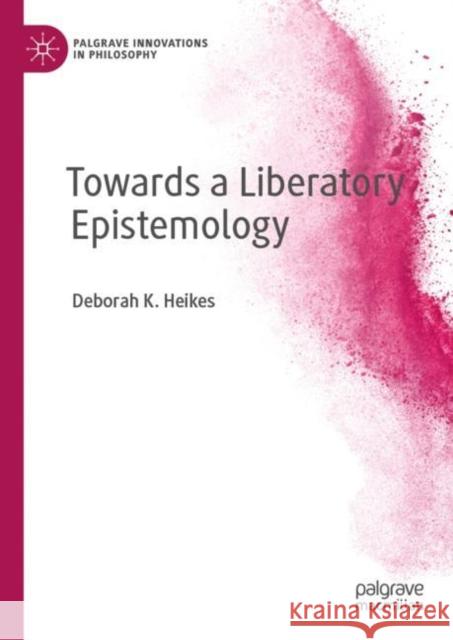Towards a Liberatory Epistemology » książka
topmenu
Towards a Liberatory Epistemology
ISBN-13: 9783030164843 / Angielski / Twarda / 2019 / 212 str.
Kategorie BISAC:
Wydawca:
Palgrave MacMillan
Seria wydawnicza:
Język:
Angielski
ISBN-13:
9783030164843
Rok wydania:
2019
Wydanie:
2019
Ilość stron:
212
Waga:
0.41 kg
Wymiary:
21.01 x 14.81 x 1.42
Oprawa:
Twarda
Wolumenów:
01
Dodatkowe informacje:
Wydanie ilustrowane











